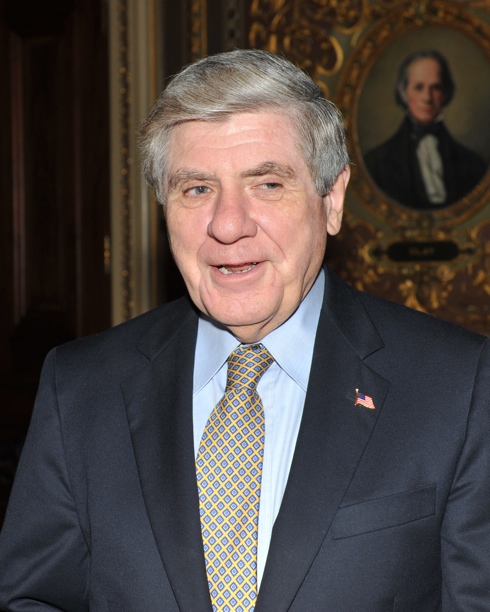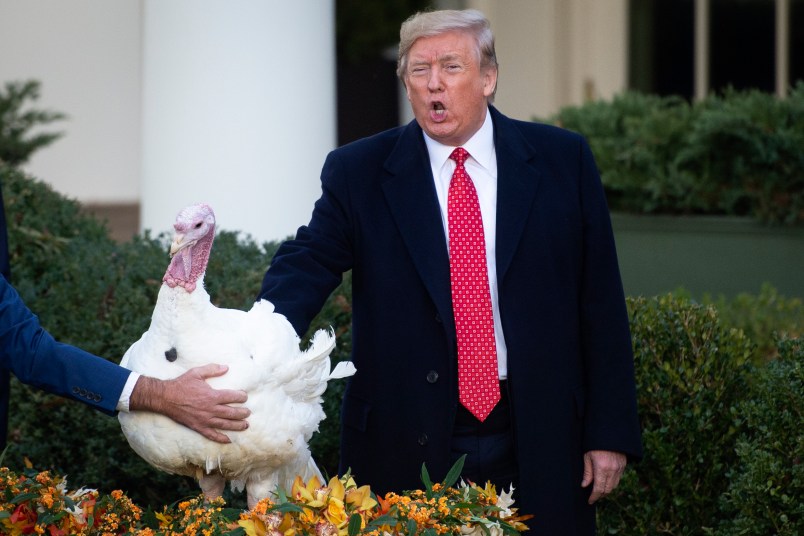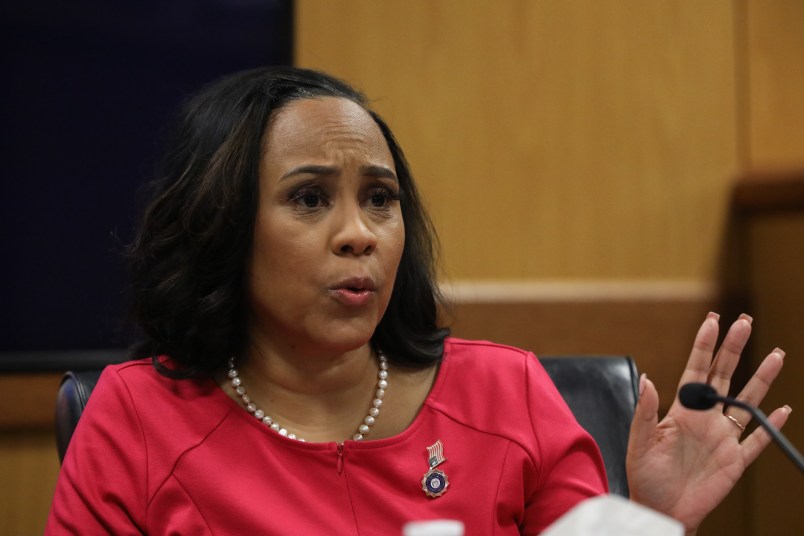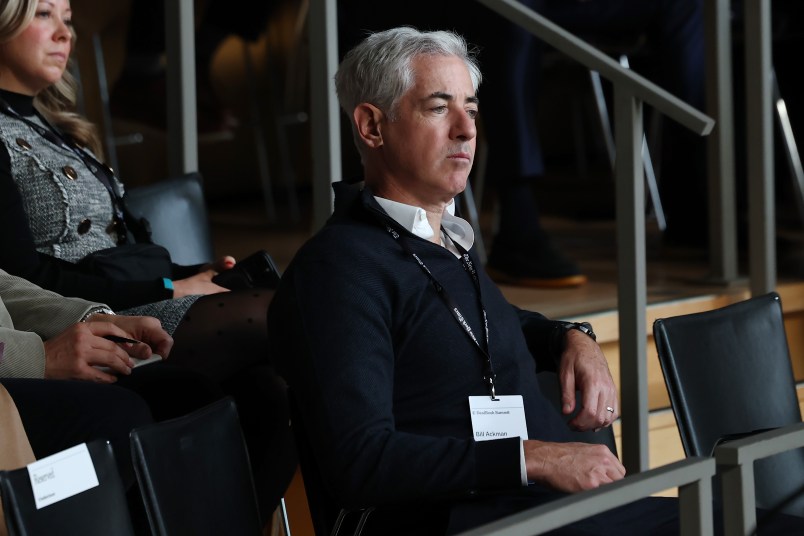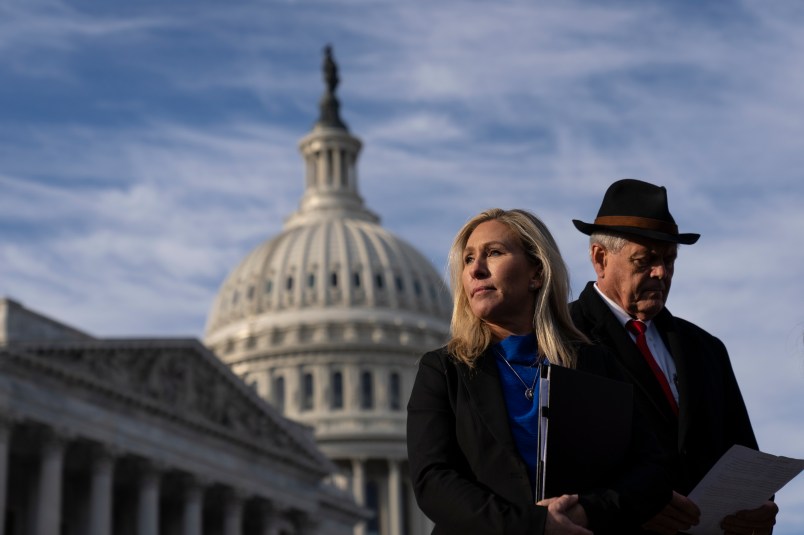Sen. Ben Nelson (D-NE) will vote with Senate Majority Leader Harry Reid (D-NV) today to end debate on financial reform legislation and allow the bill to move forward.
Nelson released a statement saying, “This afternoon, I plan to vote for the cloture motion to move this bill to debate on a final round of amendments and a final vote.”
Reid intends to call for a vote to end the debate at 2 p.m. ET. Reid needs 60 votes to end the debate. Earlier today, Sen. Susan Collins (R-ME) said she’d vote for cloture and allow the bill to move forward.
Here’s Nelson’s full statement:
“This week in the Senate, we’re continuing our work on Wall Street reform legislation.
“I have some concerns I still hope can be addressed, but it might be useful to recap why financial reform is needed. Let’s rewind to the fall of 2008, when within a few short weeks, a financial crisis exploded in America that threatened to turn into a wholesale collapse of our economy.
“Doing nothing then was not an option. Things likely would have turned out far worse than they did over the last 18 months, and they were bad enough as it was.
“But voting for the Troubled Assets Relief Program, or TARP, was one of, if not the most, difficult votes that I’ve cast. Nobody likes bailouts. If it weren’t for the dire consequences to our entire economy, and a warning from the Bush Administration they would unfold immediately if Congress failed to act, it is unlikely I would have supported it.
“Today, again, doing nothing is not an option.
“I don’t want the American people, and Nebraskans I represent, to ever again have to bail out banks as a result of irresponsible and greedy actions on Wall Street.
“That excess ruined retirements, drove people out of their homes, destroyed their small businesses, threw more than 5 million Americans out of their jobs and triggered a global economic crisis that could again do serious damage to the American economy.
“While all, or nearly all, Nebraskans had nothing to do with causing this crisis and we were shielded from its worst impact, waves of economic trouble have washed into our state. Hundreds of Nebraskans lost jobs, layoffs piled up and Main Street businesses struggled. Today, due mainly to declining revenues, the state is facing a large $679 million budget shortfall.
“This afternoon, I plan to vote for the cloture motion to move this bill to debate on a final round of amendments and a final vote. The Wall Street reform bill we’re working on is a major step forward in protecting Main Street and the Nebraska taxpayers from the abuses on Wall Street.
“In my view, a vote against cloture is a vote for doing nothing. It protects the status quo and that is something that I simply can’t do. Doing nothing is not in the best interests of Nebraskans.
“Since we began debating the bill three weeks ago, we’ve seen open, fair, bipartisan debate on the Senate floor over how to fix the problems that led to the worst financial crisis since the Great Depression.
“A number of bipartisan amendments have been accepted by unanimous agreement. We’ve also voted on more than 25 amendments, and we’ll consider more still, if cloture is approved. So far, amendments have improved the bill by:
⢠Prohibiting taxpayer money from being used to bail out banks again.
⢠Approving an audit of the Federal Reserve.
⢠Applying repayment of the TARP funds to pay down the national debt.
⢠Protecting American taxpayers from bailing out foreign governments.
⢠Protecting Main Street from footing the bill for Wall Street. The bill now broadens the assessment base used by the FDIC to determine bank premiums. Big banks that take big risks will pay more and community banks pay less, leaving $4.5 billion over the next three years in their banks to use to keep communities economically healthy.
⢠Preserving Federal Reserve regulatory authority over state-member banks, instead of eliminating it.
⢠Ensuring that fees small businesses and other entities are charged for accepting debit cards are reasonable and in line with the costs of processing transactions.
⢠Requiring that salaries and compensation for senior executives of failed financial firms be paid last, after all other creditors.
⢠Requiring the head of the International Monetary Fund to make sure any loans offered by the IMF in foreign countries can be repaid.
⢠Establishing a specific consumer protection liaison for military service members and families.“The bill’s amendments have addressed concerns by Nebraska grocers, retailers, dentists, Invest America, a venture capital firm that helps start-up companies, and others. Several concerns by Nebraska’s community bankers also have been addressed.
“Some have argued the bill will hurt lenders who didn’t cause the crisis, and that Wall Street firms support the bill. Actually, Wall Street is battling tooth and nail to minimize the impact of the bill. One example, the American Bankers Association, which represents every bank on Wall Street, is strongly opposed.
“After the House passed its financial reform bill, some called it “part of the socialization of America” and a “government takeover.” Their partisan talking points have died lately in the Senate because the Senate bill would do neither.
“I believe it’s time to move forward. No legislation is perfect or completely satisfies any one member of Congress. If it did, we’d be a monarchy or a dictatorship, not the great democracy we are.
“But before I will vote for the final bill it must meet this test: It must protect taxpayers and consumers from the future risk of recklessness on Wall Street.”





